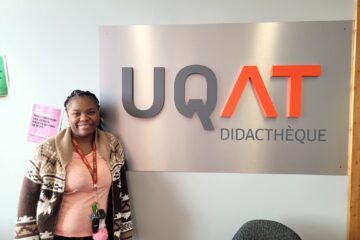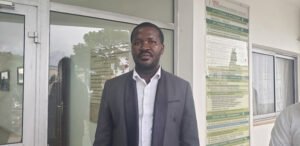Foreign aid cut, conflicts persist: Africa faces an unprecedented health emergency

A Call to Action: Save Lives and Preserve Gains.
Africa is facing an unprecedented convergence of crises, threatening to reverse decades of progress in public health. As the number of health emergencies on the continent explodes from 153 outbreaks in 2022-2023 to 242 in 2024, the risk of a new emerging pandemic is now imminent. At the same time, a readjustment of global priorities and the suspension of some aid, such as that announced by the United States, are making the situation even more critical.
According to Africa CDC projections, this reduction in international aid could reverse the health gains made in recent years, returning morbidity and mortality rates to the levels of the 2000s. If no action is taken, the continent could experience an additional 2 to 4 million deaths per year from preventable and treatable diseases, causing massive economic losses and pushing an estimated 39 million additional people into poverty.
The Africa Centres for Disease Control and Prevention (Africa CDC) was quick to respond to this threat. As soon as the US funding suspension was announced, the organization engaged with US authorities. The Director General, HE Dr. Jean Kaseya, took this message to global platforms, including CNN, and advocated for a waiver to ensure the continuity of essential humanitarian aid. This intervention resulted in an exception being granted, allowing life-saving interventions to continue. However, this victory represents only one step in a fight that requires broader actions.
Dr Jean Kaseya stressed the need to prioritize the establishment of innovative financing mechanisms and increase national investments in public health. “African leaders must take concrete measures to secure the health of our populations,” he said, stressing the urgency of the situation.
Peace, a sine qua non condition for access to healthcare: the example of Goma
Alongside the health crisis, security remains a major challenge. Goma, in the east of the Democratic Republic of Congo (DRC), embodies this dramatic reality. A city of three million inhabitants, including one million internally displaced persons, Goma has one of the highest population densities in the world, but is seriously lacking in basic health infrastructure. The situation is exacerbated by persistent insecurity and precarious living conditions, favoring the spread of diseases such as Mpox, measles and cholera.
Of particular concern is the Mpox, which mutated in this region to give rise to the deadly Clade 1b variant, which has killed thousands of young people and children. The outbreak has rapidly spread across 21 African countries, including those in SADC and EAC. In this context, Africa CDC is working tirelessly to secure vaccines and other essential health supplies for Goma and eastern DRC. However, as Dr Kaseya pointed out, “without peace and security, these supplies cannot reach those who need them most.”
A call for unity to save lives
“I am prepared to go there myself to ensure the delivery of these life-saving interventions, but we need secure access,” added HE Dr Jean Kaseya. The message is clear: the situation in Goma, and across Africa, is a public health emergency, and without a return to peace and security, disease outbreaks will continue to ravage populations and economies.
“If we do not act, it is not bullets that will kill us, but pandemics that will emerge from this region,” Dr Kaseya warned, calling for urgent action. The crisis in Africa is a global crisis that demands an immediate collective response. It is imperative that African leaders choose peace, health and life.
About Africa CDC
The Africa Centres for Disease Control and Prevention (Africa CDC) is an independent public health agency of the African Union mandated to support Member States in strengthening health systems. Africa CDC also contributes to improving disease surveillance, emergency response and outbreak control across the African continent.
Africa is at a critical crossroads, and its collective response to these crises will determine its health and economic future. Priority must be given to the lives and health of its people.
Charone Dongmo Stg
















